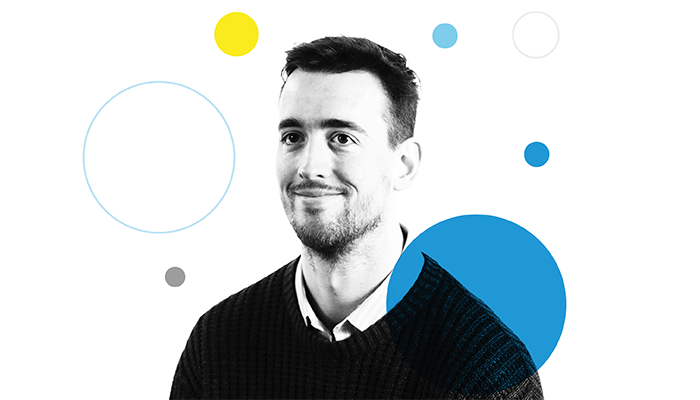
The last issue of the year is a time for festivities and reflections. As for the latter, I’ve been pondering the real value of The Analytical Scientist in an era of generative AI.
In reality, AI-generated content can be pretty good when sufficient scrutiny is applied. In seconds, it can produce a decent summary of a research paper, an overview of the main trends in a given field, or a collection of recent papers on a topic – if we are willing to forgive the occasional hallucination. Nevertheless, I would like to make a bold prediction: I do not think AI will ever supplant The Analytical Scientist.
As I see it, The Analytical Scientist is a reflection of you – the people behind the methods, technologies, and tools. Our role? First, to extract the insightful ideas and inspiring experiences rattling around in the minds of the key thinkers in the field, and then to deliver them to the wider community in a way that is coherent, digestible, and possibly even enjoyable. In the process, we may initiate new conversations and spark ideas that help move the field forward. Collaborating or even just conversing with a network of experts – big thanks, as always, to our wonderful contributors and advisors – helps guide the direction of our content. And that is irreplaceable.
As you browse this month’s issue, including the stories of innovation (that’s where the festivities come in!), I'd like you to think about whether The Analytical Scientist is still fulfilling its purpose. If you think we could help serve the community better, I’d love to hear from you.




